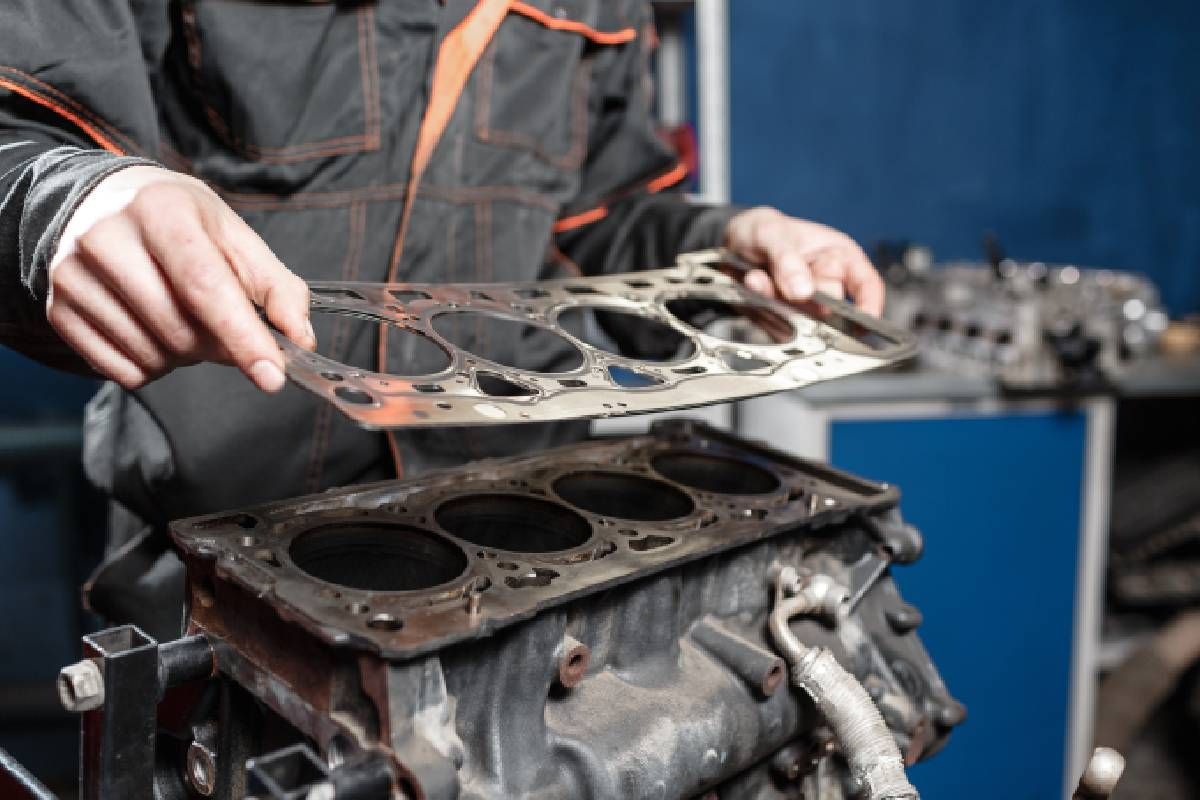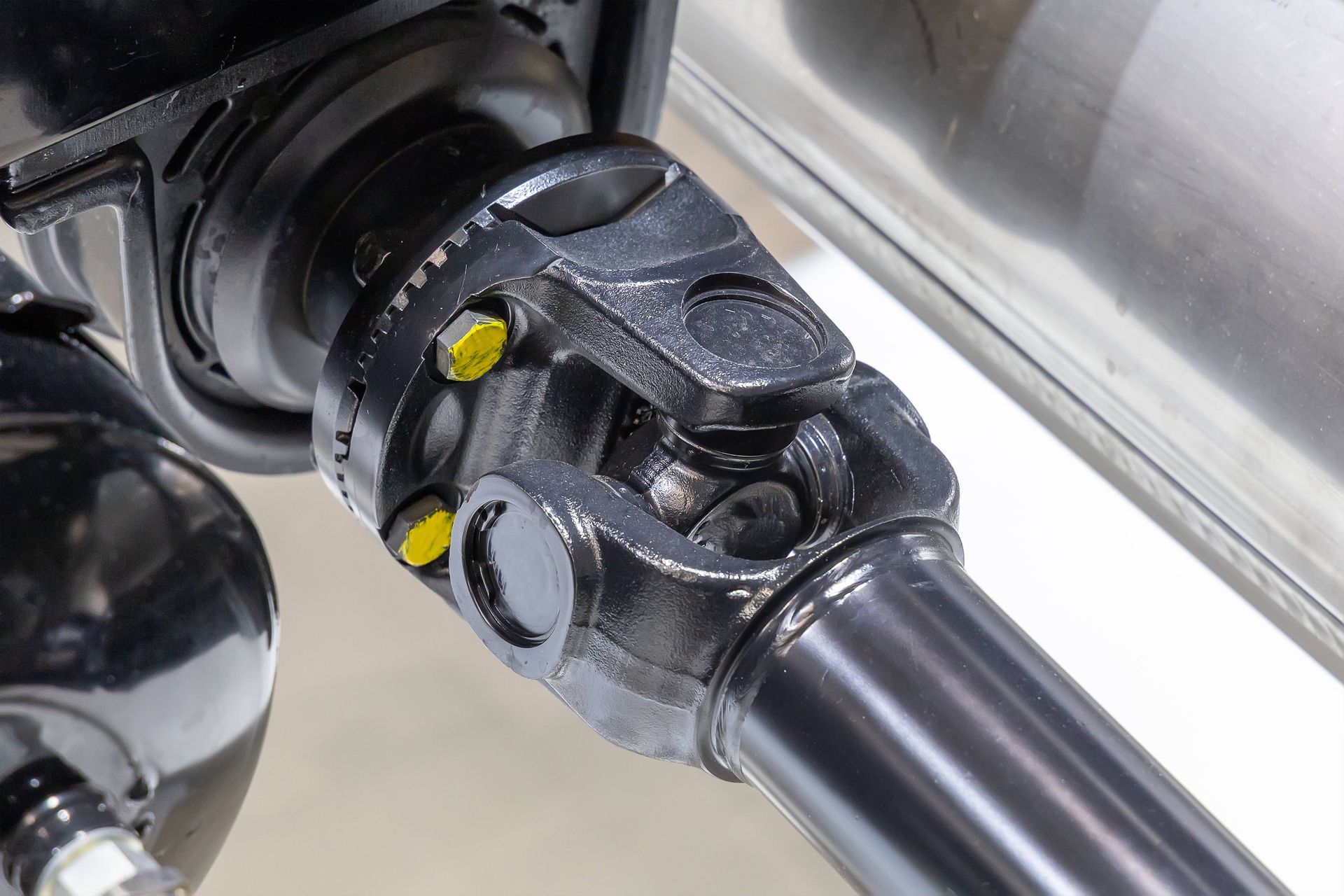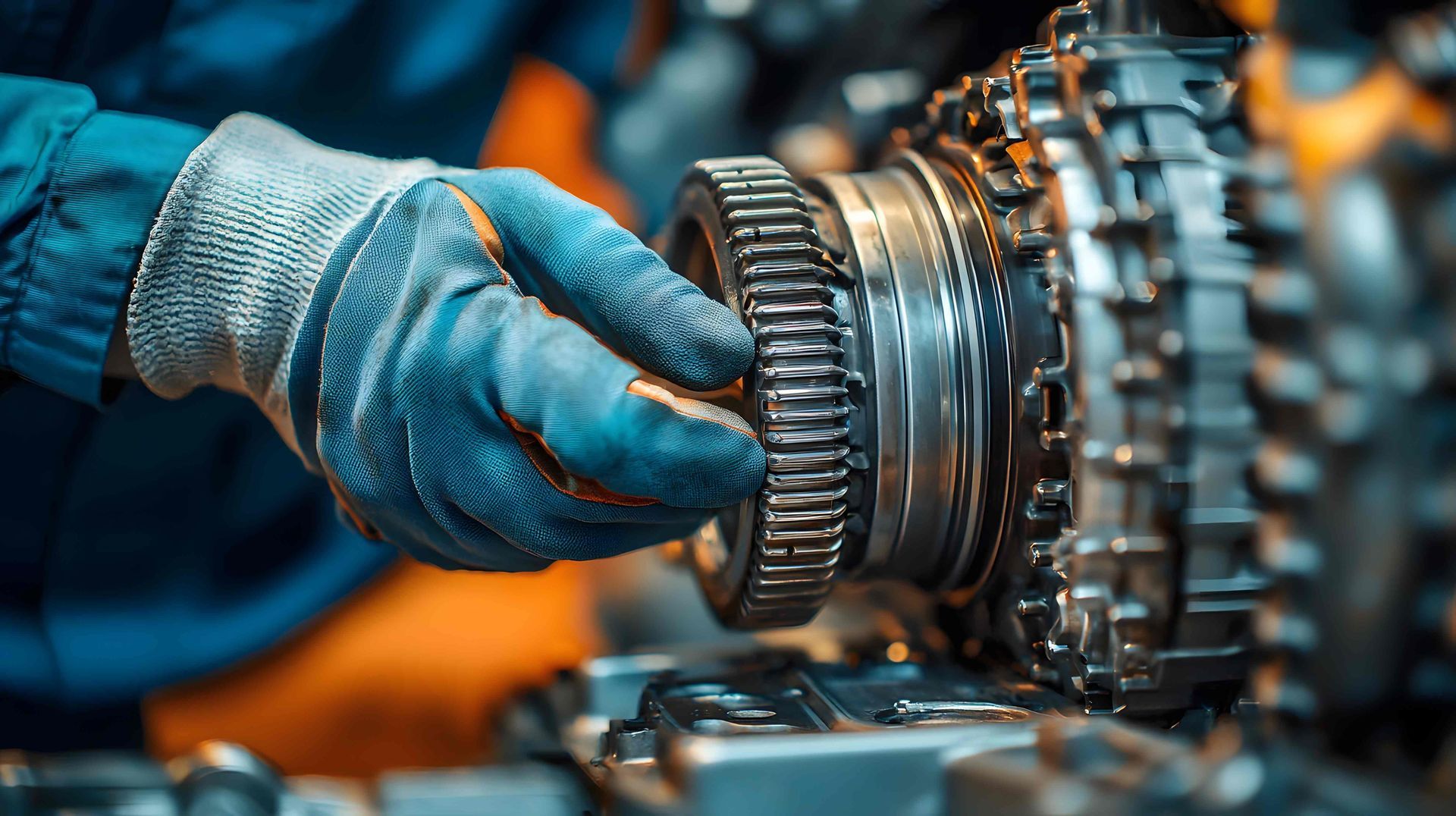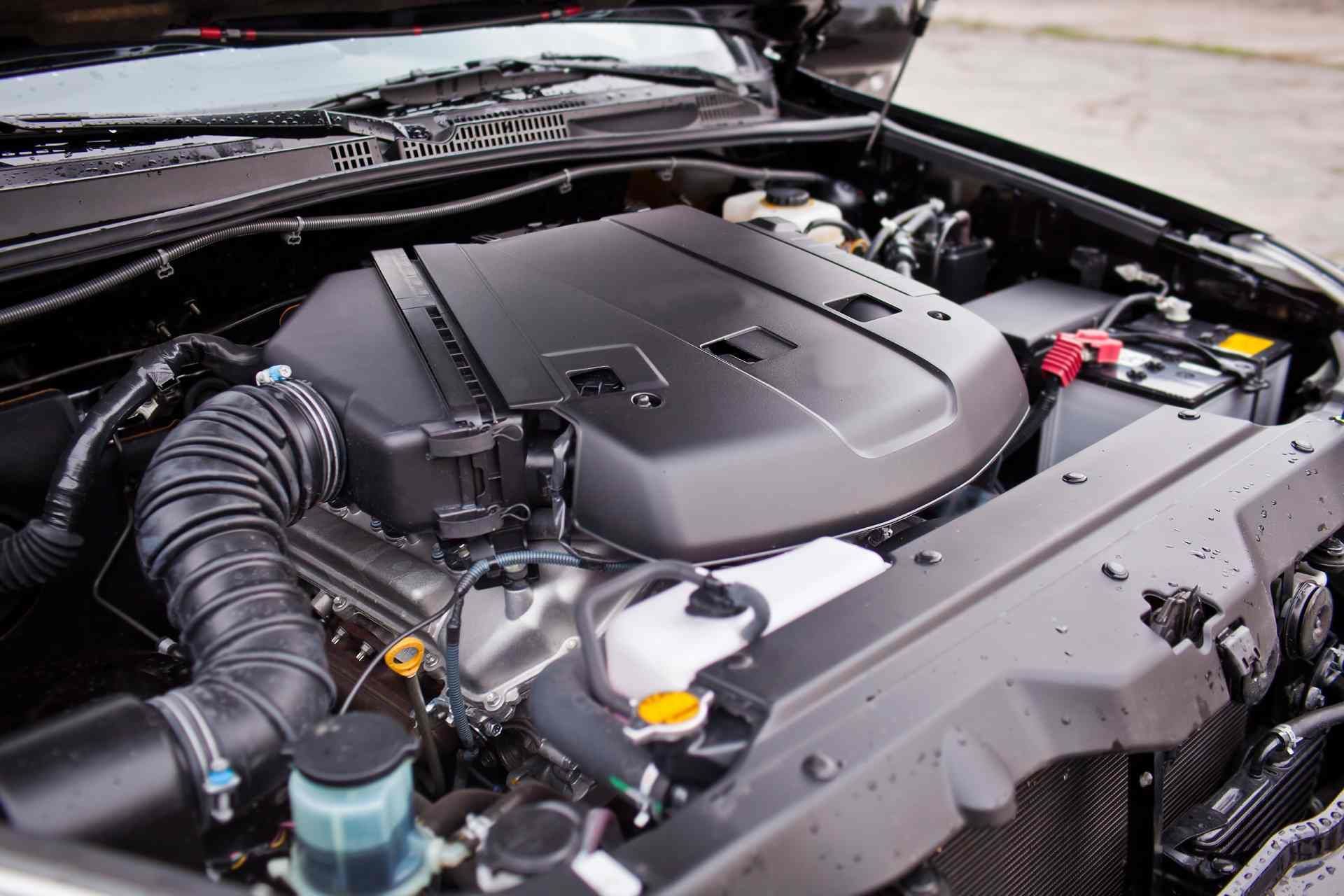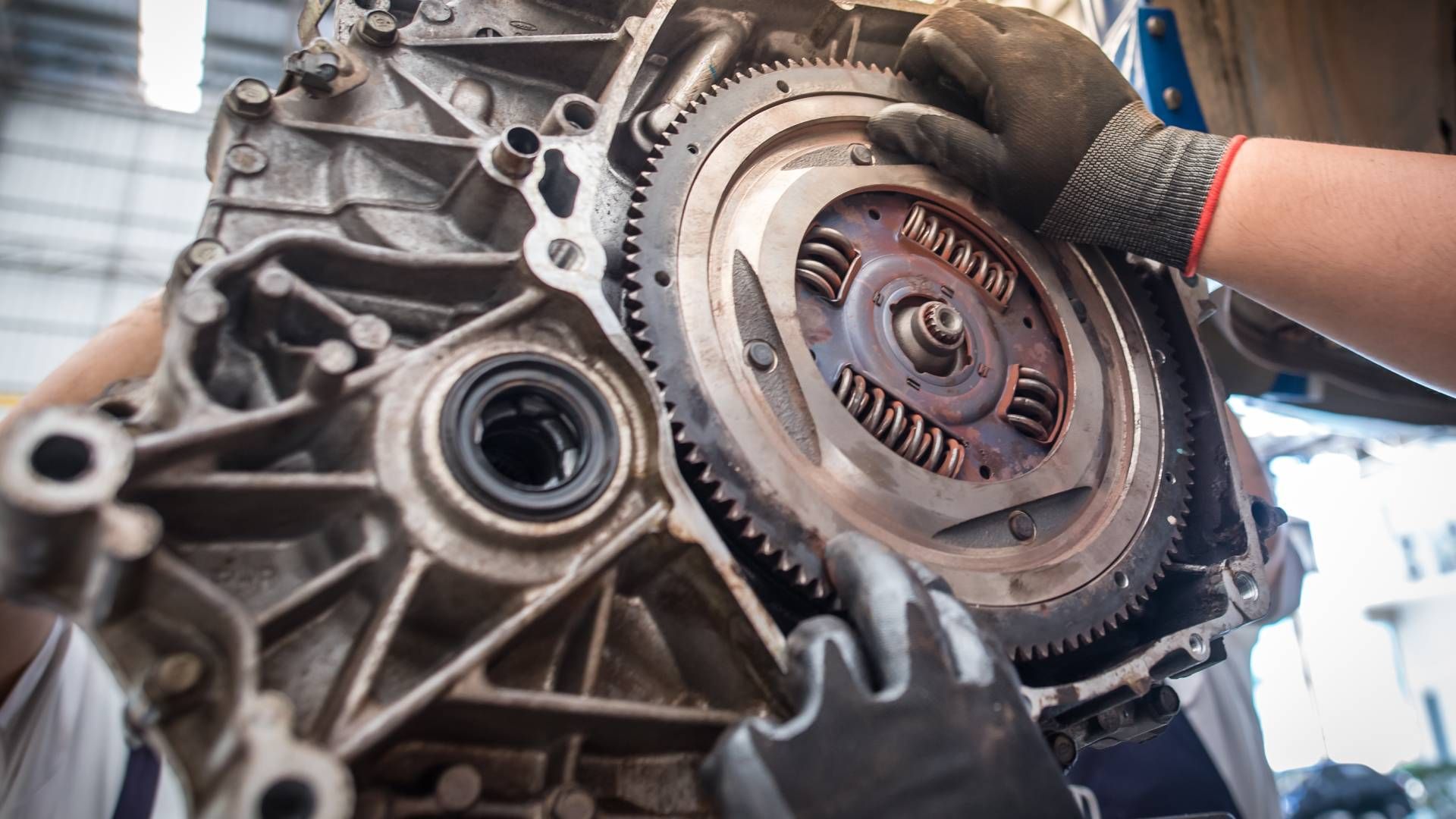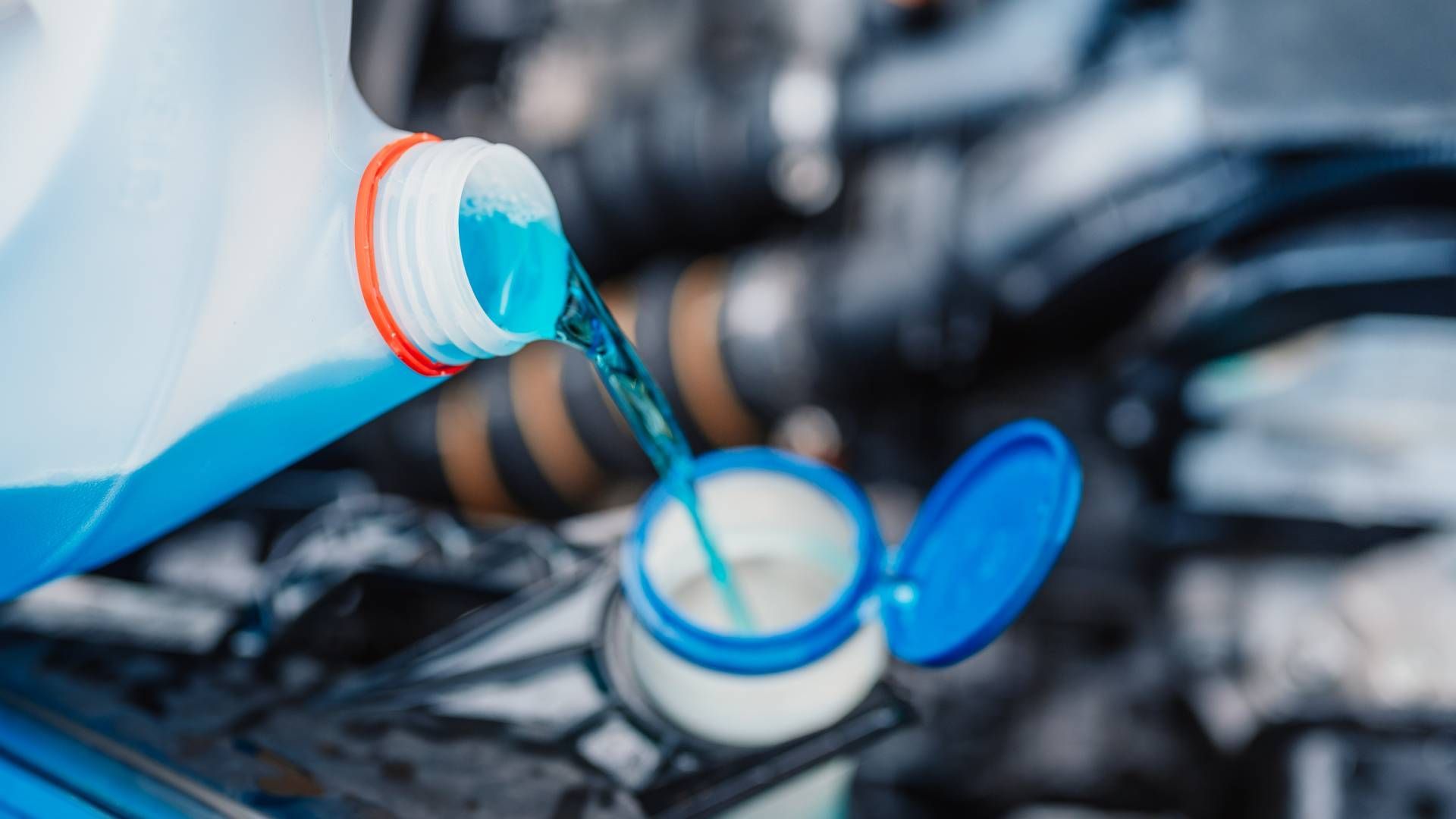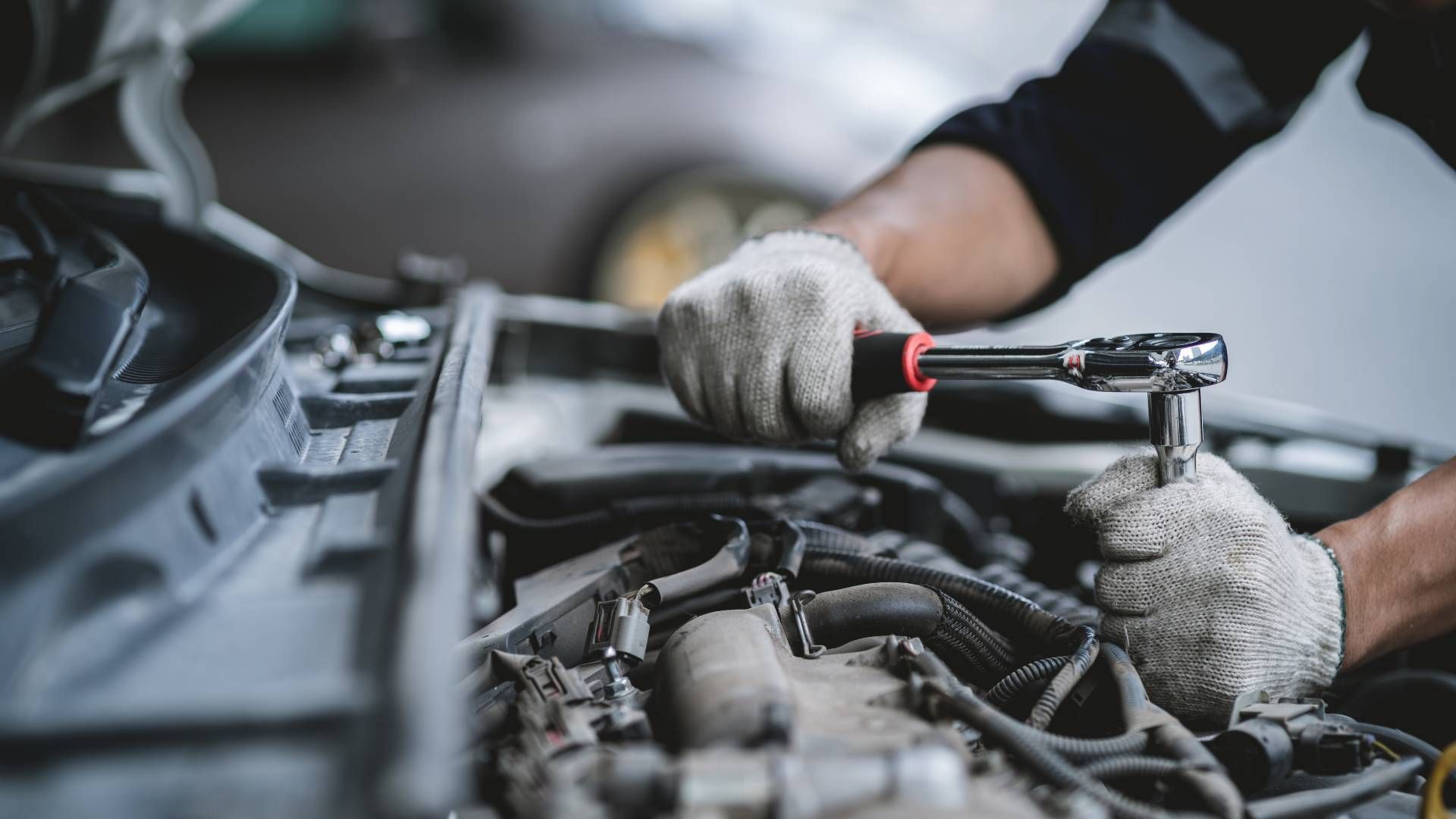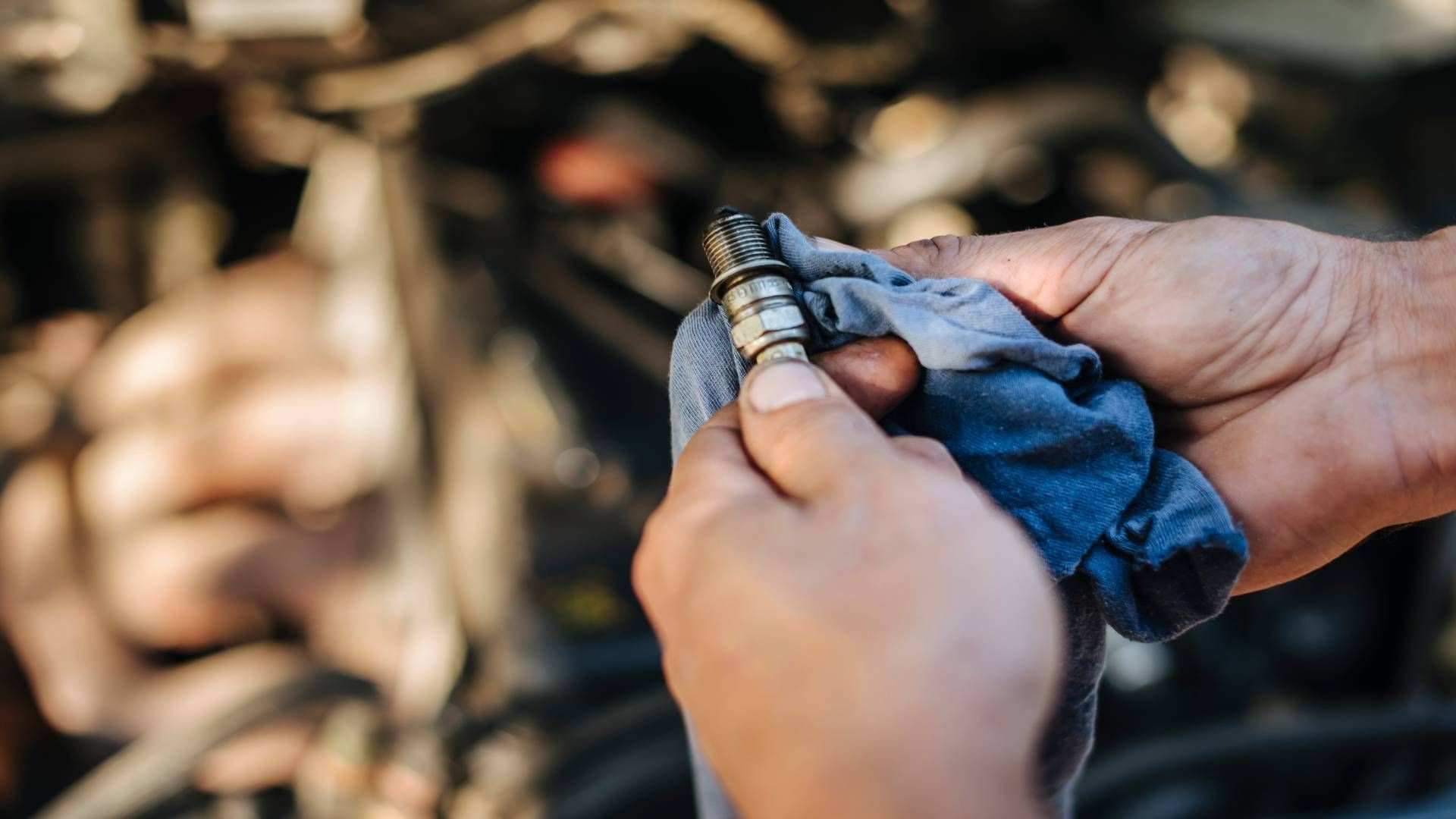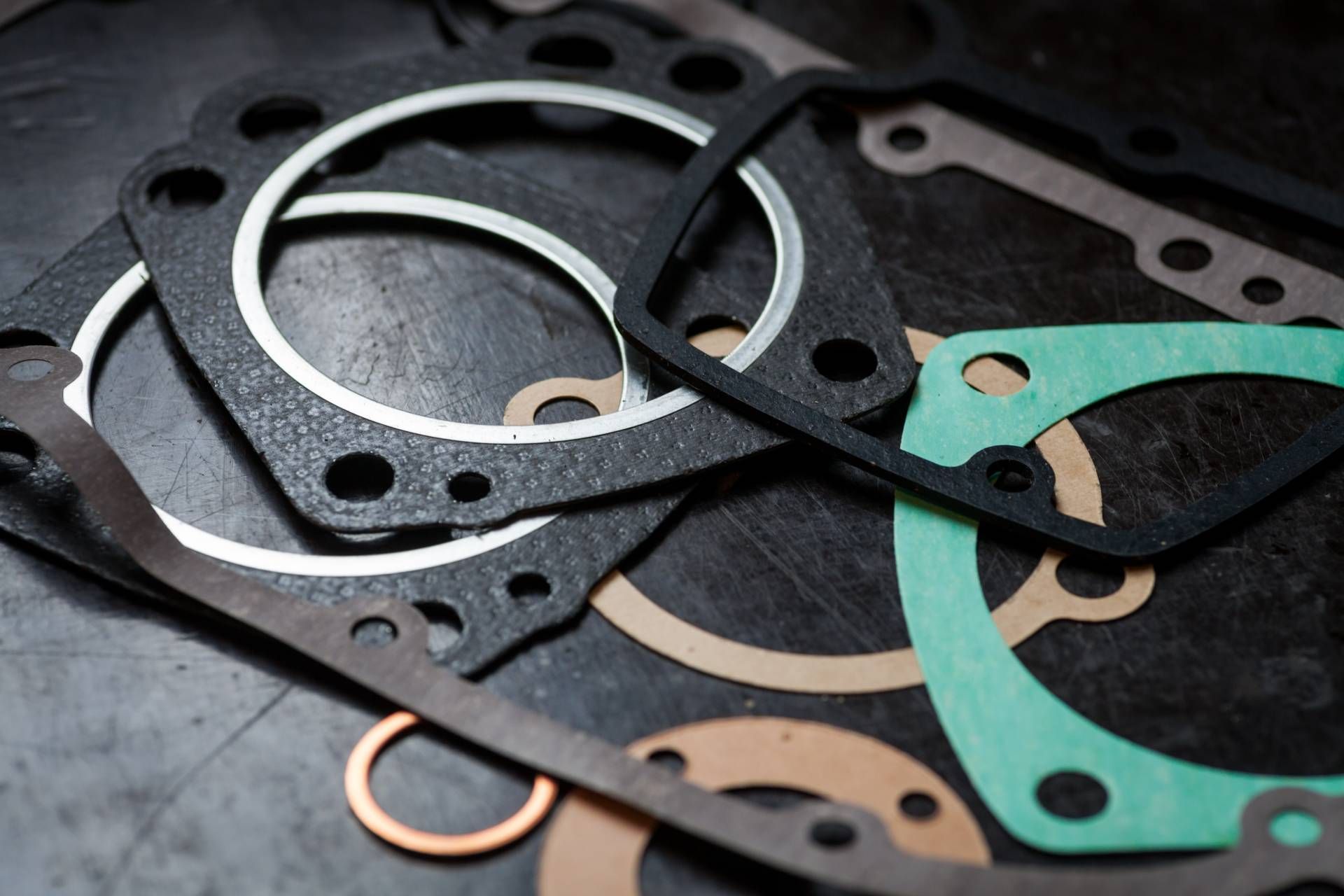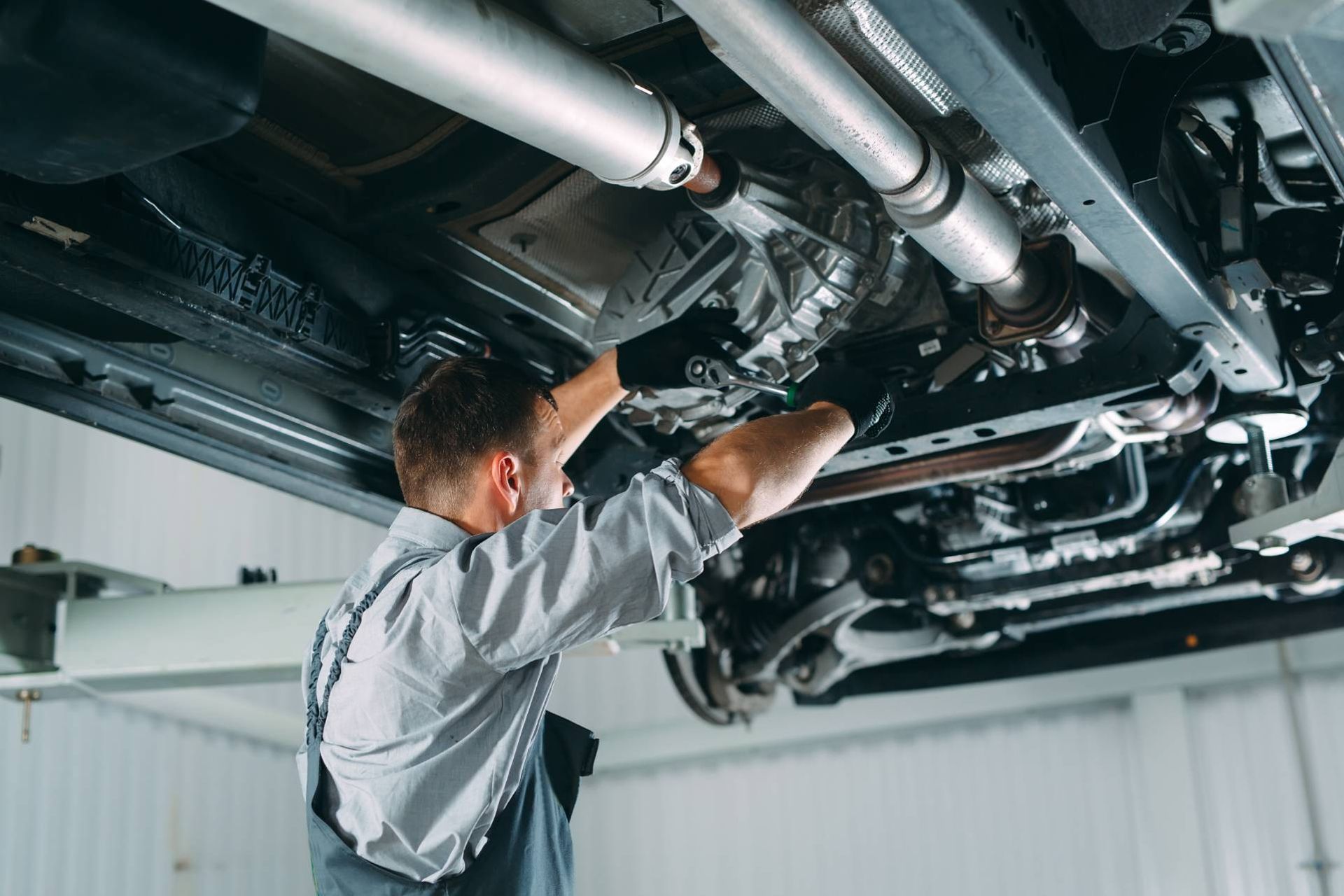Will an Aging Transmission Make You Blow a Gasket?
As your car ages, so does its transmission. That can lead to serious issues, including the possibility of blowing a gasket. If you don’t address the problem, your car might need a transmission rebuild or replacement. But what exactly does it mean to blow a gasket, and how can you prevent it from happening? Our experienced team at Mr. Transmission can give you tips and advice for learning more about transmission maintenance and what to do if you have problems.
What Does it Mean to Blow a Gasket?
When we talk about blowing a gasket (in terms of a car, not losing your temper), it’s a failure in one of the gaskets or seals within the transmission system. Gaskets and seals play key roles in maintaining the proper pressure and fluid levels within the transmission. Over time, these components can deteriorate from wear and tear, heat, and exposure to the elements.
When a gasket or seal fails, it can cause leaks, loss of fluid pressure, and damage to the transmission system. One of the most common signs of a blown gasket is transmission fluid leaking onto the ground beneath your car. There are other red flags to watch out for as well.
Signs Your Transmission Might Have a Blown Gasket
Preventing a blown gasket starts with recognizing the warning signs that your transmission might be in trouble:
- Leaking Transmission Fluid: Check the ground where you park your car for leaks. Transmission fluid is generally red or brown in color.
- Difficulty with Gear Shifting: If your car is struggling with shifting gears or the shifts feel rough or delayed, it could be a sign of transmission trouble.
- Strange Noises: Never ignore unusual transmission noises, such as whining, grinding, or clunking. They could indicate internal damage or fluid leaks.
- Burning Smell: A burning odor, especially when combined with other symptoms like leaking fluid or strange noises, could signal transmission problems.
- Dashboard Warning Lights: Modern vehicles have sensors that monitor various systems, including the transmission. If and when your dashboard light turns on with a transmission warning, do not ignore it.
Tips to Prevent a Blown Gasket
These preventive measures can keep your transmission healthy and make it less likely for your transmission to blow a gasket:
- Regular Maintenance: Just like any other car component, your transmission requires regular maintenance to keep it in optimal condition. Follow the manufacturer's recommended maintenance schedule for fluid changes, filter replacements, and inspections.
- Keep an Eye on Fluid Levels: Check your transmission fluid regularly and top it off as needed. Low fluid levels can strain the transmission and increase the risk of overheating and damage.
- Quickly Address Leaks: If you notice any signs of a transmission fluid leak, have the source of the leak identified and repaired as soon as possible to prevent further damage.
- Avoid Overheating: Excessive heat can wreak havoc on your transmission, causing fluid breakdown and accelerated wear on internal components. Try to avoid towing heavy loads in hot weather, and consider adding an auxiliary cooler if you frequently engage in demanding driving conditions.
- Drive Responsibly: Aggressive driving habits can strain your transmission unnecessarily. Avoid sudden acceleration, hard braking, and abrupt gear shifting. Practice smooth driving techniques to prolong the lifespan of your transmission.
Contact Mr. Transmission if Your Car or Truck Blows a Gasket
Being proactive about maintaining your transmission can reduce the likelihood of encountering a blown gasket. If you have any questions or concerns regarding your transmission or transmission gasket, reach out to speak with one of our transmission specialists.
Contact us for transmission repair and maintenance in Cincinnati, OH. Our service area includes Sharonville, Cincinnati, Northgate, West Chester, Mason, and Maineville, OH.

